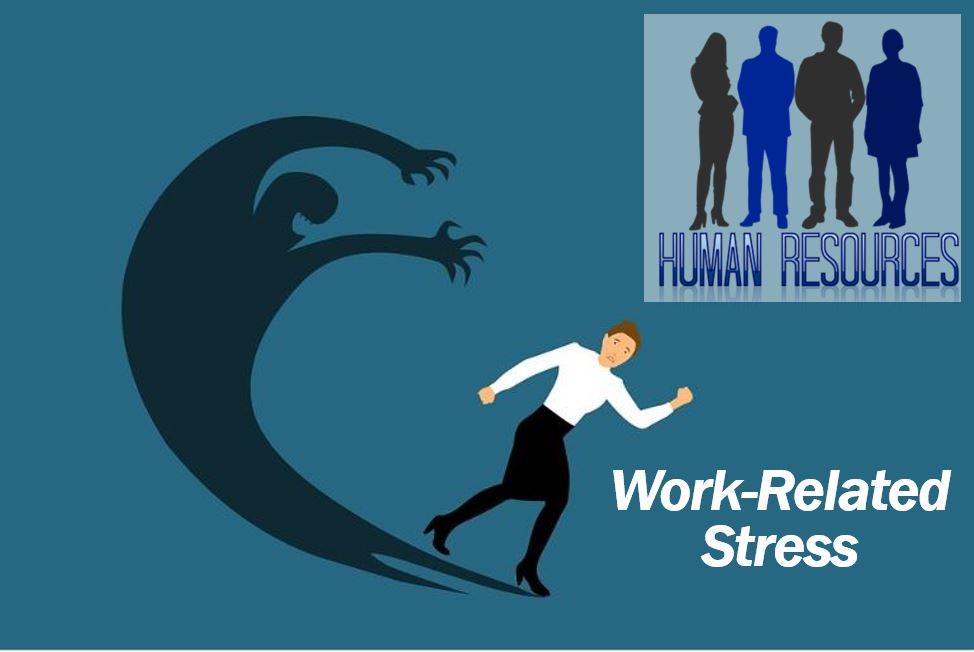 It’s not uncommon for employees who work for successful organisations to feel a heavy amount of pressure. This is not always a bad thing but if it isn’t well-controlled, it could lead to stress and anxiety, which are mental health disorders that one should certainly be concerned about.
It’s not uncommon for employees who work for successful organisations to feel a heavy amount of pressure. This is not always a bad thing but if it isn’t well-controlled, it could lead to stress and anxiety, which are mental health disorders that one should certainly be concerned about.
While managers are usually given the flack for work-related stress, the problem tends to lie between what a company expects from an employee and the training they’re given to equip them for their role. This, in essence, falls onto the lap of the HR department. HR stands for Human Resources.
What is stress?
Before looking at the solutions, let’s take a detailed look at what stress is exactly.
Stress is the adverse reaction that individuals often have when extreme pressure is placed on them. If it intensifies and continues for some time, the result can lead to more serious implications like mental and physical health issues. Depression, panic attacks, and heart disease can all be caused by stress.
How Can HR Recognise Stress?
The signs of stress are not always visible but managers and HR personnel should keep an eye out for the following:
- Sudden changes in an employee’s mood or behaviour
- Deteriorating colleague relationships
- Irritability
- Indecisiveness
- Absenteeism
- Poor performance
Why Is Stress a Concern in The Workplace?
Apart from it being detrimental to the health of an employee, it can also have a negative effect on the working environment and performance levels as a whole. Stressed individuals tend to be absent more often and when they are at work, they do not have the drive to stay focused. This means that tasks do not get completed in time and if they do, they tend to yield poor quality. These factors can harm a business and in a worst-case scenario, bring work to a halt.
What Can HR Do to Handle Work-Related Stress?
- Understand what you are dealing with. The first step is to know what stress is and acknowledge that it can be a serious threat to all involved.
- Make sure you are backed by company leaders. To work on reducing stress within the workplace, you need to get support from directors and top-level management. Without their cooperation, your efforts to reduce stress could be futile.
- Work on management styles. Managers need to be taught how to accurately and successfully train employees. They also need to be reminded about effective communication and how important it is to give workers space whilst keeping an eye on them at the same time.
- Train managers to spot the signs of stress. Prevention is better than the cure and if managers know how to spot the signs of stress, then they can help to nip it in the bud by implementing strategies to alleviate the causes.
- Promote physical and mental health. Encouraging employees to take regular breaks while following a healthy lifestyle will not reduce the time they have for work. In fact, an employee who is both physically and mentally healthy is likely to work harder and perform better overall.
A good HR department should be ready to give counsel when needed and can also implement programs that will encourage workers to take their health seriously. Set small attainable goals so that team members do not feel overwhelmed and remember to keep portals of communication wide open. They should also provide an exceptional human resource software which is accessible to every employee.
Sources:
- HR’s role in tackling work-related stress. Cezanne HR
- How to Tackle Work Related Stress. The HR Department

